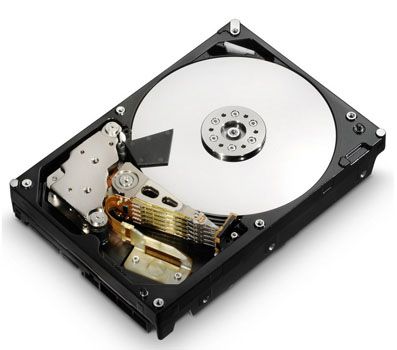The great thing about innovation is that it never has to end. Just when many were beginning to feel that roadblocks would prevent mechanical hard drives from progressing much further, WD's subsidiary HGST has just announced a small breakthrough. One of the biggest detriments to mechanical storage has been the fact that it's air-sealed. That of course offers no support to the platters, increasing drag and causing other maladies that could wear a drive out over time. The solution? Helium.

Read the rest of our post and then discuss it here!

Read the rest of our post and then discuss it here!
